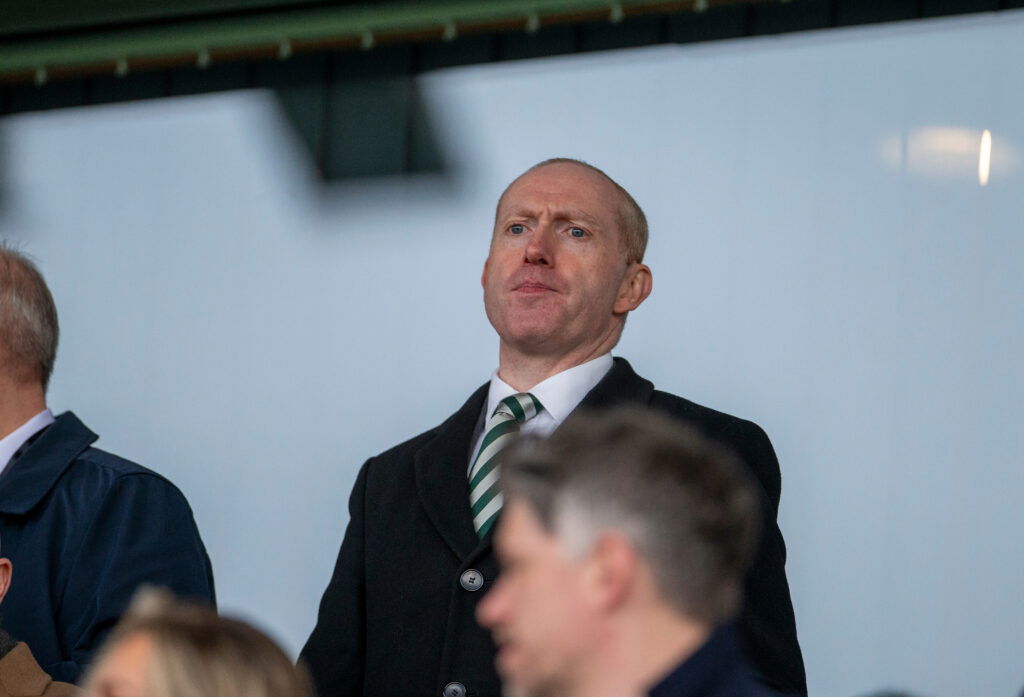In the nuanced and often tumultuous landscape of Scottish football, Celtic’s current predicament offers a compelling case study in the dynamics of success, complacency, and the inevitable decline that follows.
At the heart of this unfolding drama is a board seemingly ensnared in a cyclical pattern of governance that mirrors a broader societal reluctance to embrace change until crisis mandates action. This is not merely a footballing failure but a profound commentary on human nature and institutional inertia.
Celtic, with its history and passionate fan base, finds itself at a juncture where the past glories against present struggles casts a harsh light on the decisions made at the highest levels. The narrative is familiar, almost Dickensian in its portrayal of a club haunted by the ghosts of its own complacency.
Success, once a bedrock, now serves as the very pedestal from which the fall seems precipitated. The board’s approach, marked by a distinct lack of foresight, has not only stymied progress but actively regressed it, allowing rivals not just to bridge the gap but to forge ahead.

This scenario, emblematic of a broader human tendency to resist proactive change, underscores a fundamental flaw in the club’s strategic thinking.
The reluctance to invest in strengthening when in a position of power, to push boundaries in European competition, and to innovate within the league, reflects a startling misapprehension of what it takes to maintain dominance.
The footballing world, much like the world at large, waits for no one. Time and tide, in their relentless march, do not bow to past achievements or historical prestige.
The critique of Brendan Rodgers’ management, while valid, must be contextualized within this broader failure of leadership and vision. A manager, no matter how skilled, operates within the constraints and culture set by the club’s board.
The squad’s apparent lack of quality and dire performances are symptomatic of deeper systemic issues rather than solely managerial shortcomings. It’s akin to blaming the captain for the ship’s sinking while ignoring the holes deliberately left unplugged.
Celtic’s decline, characterised by performances that have been described as ‘atrocious’, is not just a football story; it is a parable for our times. It speaks to the danger of resting on one’s laurels, of assuming that past success guarantees future prosperity, and of neglecting the vital need for continual renewal and reinvention.
The board’s gimmick of complacency, a strategy that has somehow sustained them for two decades, is a testament to the perils of short-termism and a cautionary tale for any institution that believes itself immune to the forces of change and competition.
As we reflect on Celtic’s situation, it becomes clear that the solutions are as much about changing mindsets as they are about changing tactics or personnel.
It is about recognising the need for constant evolution, for proactive rather than reactive decision-making, and for an unwavering commitment to excellence that does not waver in the face of success.


